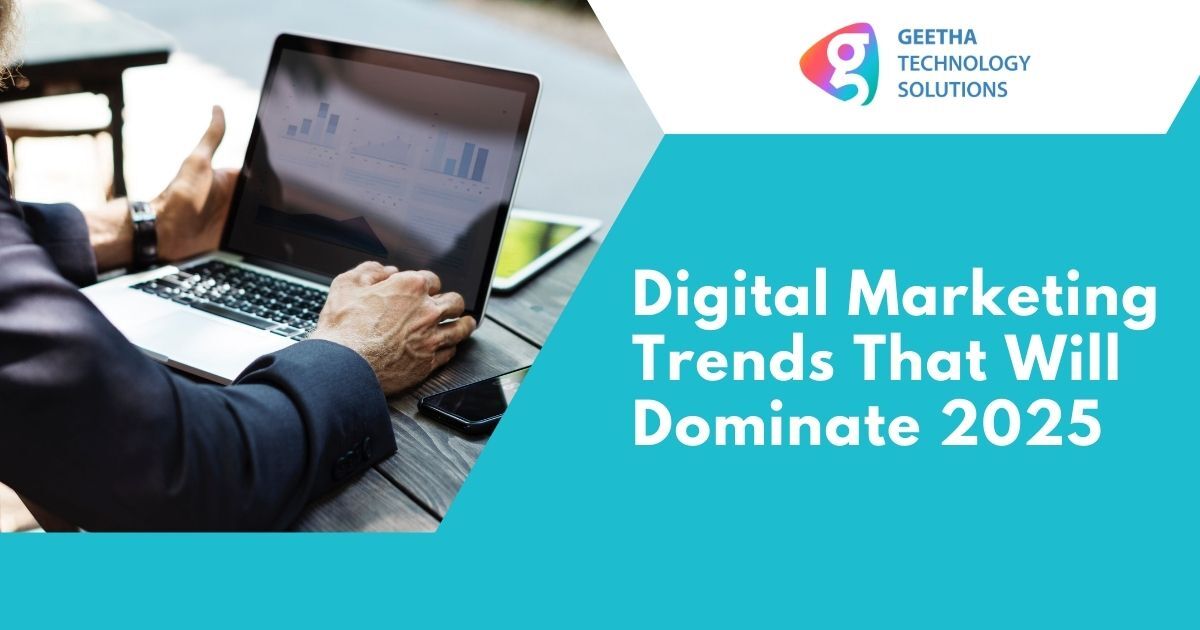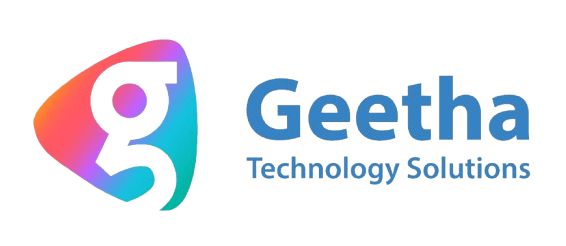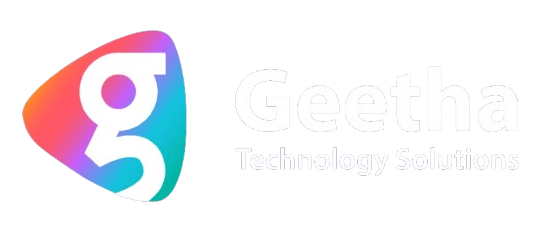
The digital marketing landscape is evolving at lightning speed, and 2025 is set to bring even more innovation and disruption. From AI-powered marketing to new search algorithms, businesses must stay ahead of these trends to maintain a competitive edge. Whether you're a marketer, business owner, or agency professional, here are the top digital marketing trends that will shape 2025 and beyond.
1. AI and Automation Will Take Over Marketing
Artificial Intelligence (AI) is no longer a futuristic concept—it’s already transforming how businesses interact with customers. In 2025, AI will play an even bigger role in:
- AI-Generated Content – AI tools like ChatGPT and Jasper AI will be used for creating blog posts, ad copies, and social media content at scale.
- Personalized Marketing – AI will analyze customer data in real time to deliver hyper-personalized ads and recommendations.
- Automated Customer Support – AI chatbots and virtual assistants will enhance customer service and engagement.
💡 How to Adapt: Businesses should invest in AI-driven tools for content creation, chatbots, and predictive analytics to optimize marketing campaigns.
2. Search is Going Beyond Google (AI-Driven Search & Social Search)
Google's traditional search model is changing due to AI-powered search and social media search. In 2025, users will increasingly rely on AI assistants and social platforms to find information.
- AI-Powered Search (Google SGE & Chatbots): Google's Search Generative Experience (SGE) will provide AI-generated responses instead of traditional search results.
- Social Search Growth: Platforms like TikTok, Instagram, and YouTube are becoming search engines for Gen Z and Millennials.
💡 How to Adapt: Optimize content for conversational queries and use short-form video content to capture attention on social platforms.
3. Short-Form Video Content Will Continue to Dominate
Short-form videos on TikTok, Instagram Reels, and YouTube Shorts will remain one of the most effective ways to engage audiences in 2025.
- Video content gets higher engagement than static posts.
- Live shopping & interactive videos will become mainstream for e-commerce.
- AI-generated avatars and deepfake videos may become part of brand storytelling.
💡 How to Adapt: Brands should prioritize short, engaging videos with captions, trending sounds, and interactive elements to boost engagement.
4. Voice Search & Conversational Marketing Will Rise
With the increasing use of voice assistants like Siri, Alexa, and Google Assistant, voice search optimization will become crucial for digital marketing.
- More users will search using natural language and long-tail keywords.
- Businesses will integrate voice-enabled shopping for seamless purchases.
💡 How to Adapt: Optimize for voice search-friendly keywords and create content in a conversational tone.
5. Privacy-First Marketing & First-Party Data Will Be Key
With Google phasing out third-party cookies by 2025, businesses must shift toward first-party data collection to personalize marketing without violating privacy laws.
- Zero-party data (data users willingly share) will be essential.
- Email marketing and loyalty programs will be key strategies for collecting first-party data.
💡 How to Adapt: Implement data collection strategies like interactive content, surveys, and lead magnets to gather direct consumer insights.
6. Influencer Marketing Will Evolve with AI & Virtual Influencers
Influencer marketing will remain powerful, but virtual influencers and AI-generated brand ambassadors will reshape the industry.
- AI-generated influencers like Lil Miquela are gaining traction.
- Micro and nano influencers (1K-100K followers) will be preferred over celebrities due to their higher engagement rates.
💡 How to Adapt: Collaborate with niche influencers and experiment with AI-generated content creators for marketing campaigns.
7. The Rise of Augmented Reality (AR) & Metaverse Marketing
The Metaverse may not have exploded yet, but AR and VR technologies will continue to enhance marketing in 2025.
- AR filters for interactive shopping experiences will grow.
- Virtual events, product demos, and brand storytelling will shift to immersive 3D environments.
💡 How to Adapt: Experiment with AR filters on Instagram, Snapchat, and e-commerce platforms for enhanced product visualization.
8. Hyper-Personalization Will Drive Customer Engagement
With AI-driven data insights, hyper-personalized marketing will become the norm.
- Dynamic email campaigns tailored to user behavior will replace generic promotions.
- AI will deliver real-time personalized recommendations across websites, emails, and ads.
💡 How to Adapt: Use AI-driven CRM tools to track user interactions and deliver highly relevant content.
9. Sustainability & Ethical Marketing Will Matter More
Consumers are demanding eco-friendly and socially responsible brands.
- Brands that emphasize sustainability, diversity, and corporate social responsibility (CSR) will stand out.
- Green marketing strategies will be essential for Gen Z and Millennial consumers.
💡 How to Adapt: Highlight eco-conscious initiatives, fair trade practices, and ethical sourcing in your marketing strategy.
10. Omnichannel Marketing Will Be Essential
Customers expect a seamless experience across multiple channels, including:
- Social media, email, and messaging apps (WhatsApp, Telegram, etc.).
- Voice assistants and AI chatbots for instant support.
- E-commerce platforms and marketplaces for effortless shopping.
💡 How to Adapt: Implement a unified marketing strategy that integrates different platforms for a smooth customer journey.
Also read: How to Build a Winning Social Media Strategy for 2025
Digital marketing in 2025 will be AI-driven, privacy-focused, and hyper-personalized. Brands that embrace automation, prioritize first-party data, and leverage emerging technologies will have the competitive edge.
Which trend do you think will have the biggest impact on marketing in 2025? Let us know in the comments! 🚀

